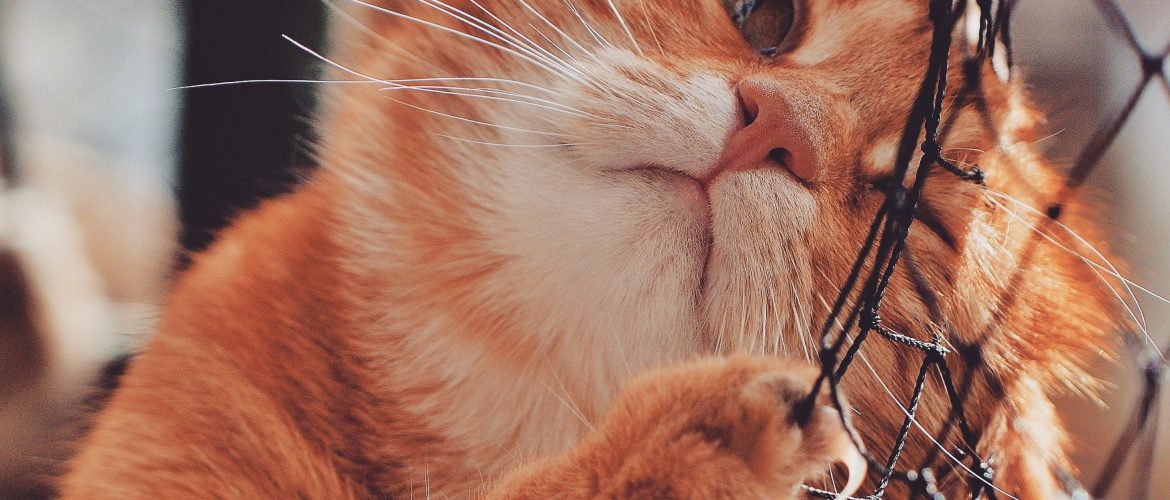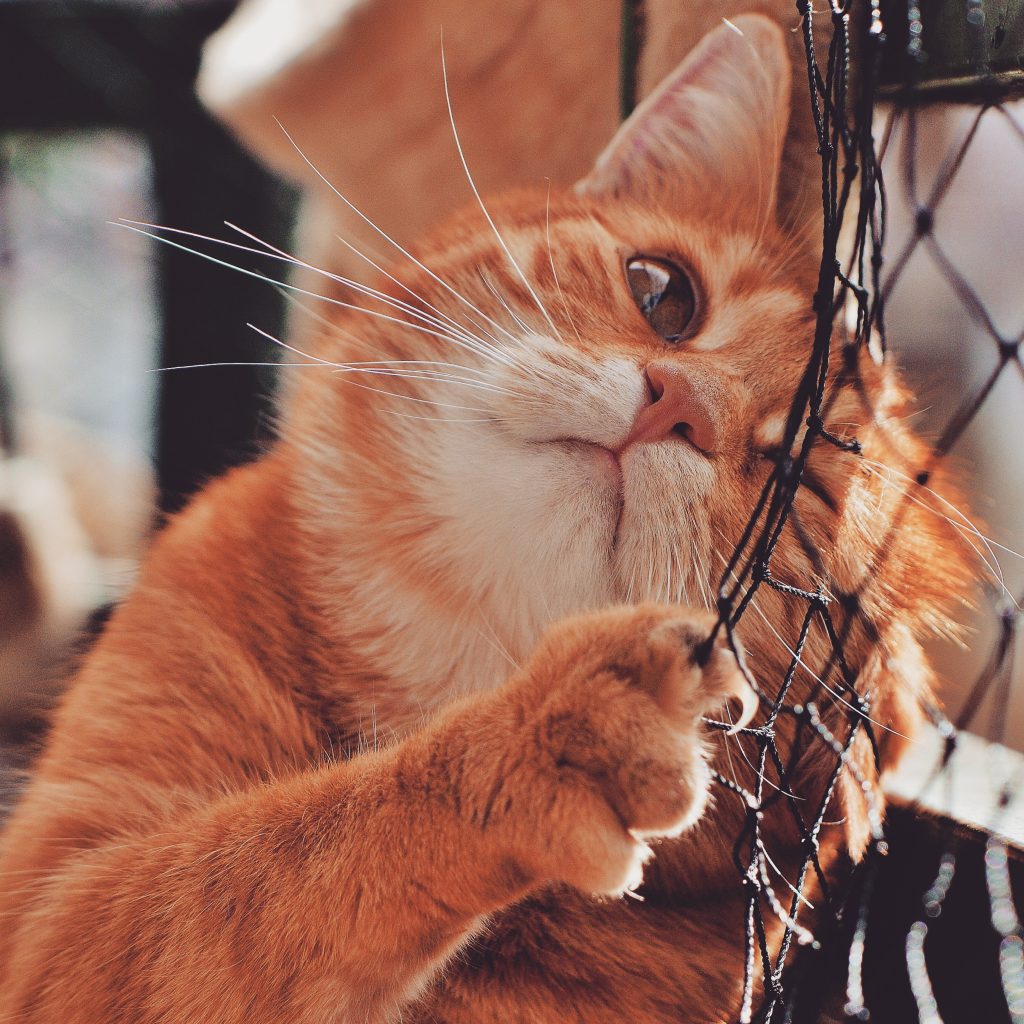

Pets are never as easy to handle as they seem at first. You gain many new responsibilities when you adopt a cat and it’s even harder if you don’t know what they are. This article covers those basic responsibilities and few other tips that will help your new life with your new cat more enjoyable.
Cats can get into even the tiniest of spaces. A collar can become a liability if your cat is especially adventurous. Put a breakaway collar on instead. This can help to save a couple of your cat’s nine lives.
Never use something that is intended for a canine on your feline. Cats will have a reaction that’s negative towards a product made for dogs. Flea products are a great example of this. These products can be fatal for your cat. In truth, your cat needs to be kept a distance from any dog just flea-treated for the first few hours.
Never have your cat declawed. Many people misunderstand declawing, thinking it is the simple removal of a cat’s nail. This is not true. In fact, the veterinarian must remove the top knuckle along with the claw during the procedure. This can result in arthritis pain later in life and many behavior problems, such as biting. There are many alternatives from scratching posts to glue-on claw caps that can protect your belongings from a cat’s claws without resorting to such a harsh surgical solution.
Protect your cat from choking. Be sure to dispose of poultry and fish bones safely. Wrap them in a paper or plastic bag and put them in your outdoor garbage can with the lid tightly secured. Alternately, place them in a plastic bag and freeze them until garbage pick up day.
Make sure your cat is properly hydrated. Like humans, cats need to drink lots of water. If they don’t get enough water, they can get dehydrated, develop various health problems, or die. Make sure they always have a bowl of fresh and clean water. The bowl itself also needs to be cleaned and refilled every day. You should also keep this bowl in one location.
Keep the litter box clean. Cats are naturally very clean animals, and a dirty litter box will have your cat looking for alternative places to relieve himself. Cats also value their privacy, so try to locate the box in an area that does not get a lot of foot traffic.
Take your cat to the vet periodically. A lot of cat owners tend to avoid the vet because it can be harder to get a cat ready to go anywhere she does not want to go! It is also easy to avoid the vet because cats seem so self-reliant. However, it’s smart to get your cat to the vet to avoid any problems.
If you have more than one cat, you should have as many litter boxes as you have cats. If too many cats have to share the same litter box, it can mean disaster! The cats may choose not to share their eliminating space, instead, using other areas, such as clean laundry or hidden corners of the home to do their business.
Get a drinking fountain for your cat. Cats like running water in the wild, as well as in the home. Cats generally respond better to a stream of water. Cats will even drink from the tap if they can! A fountain will allow a cat to drink naturally and is better for the environment.
Take your cat for checkups and vaccinations on a regular basis to keep him healthy and strong. Immunizations can prevent your cat from attaining viruses or diseases. Your cat is a family member and ought to be treated as such.
Cats have an uncanny ability to always find their way home. If you move to a new home, keep your cat inside for about a month. This will help your cat to familiarize themselves with the smells of your new place. If you let your cat out too soon, they might go home to the wrong house.
Never assume that a fence will keep your cat from leaving your yard. Unless the fence is specially designed to keep cats from escaping, it’s safe to say that your cat will find a way out. Also, remember that your fence must be able to keep other animals from entering your backyard and harming your pet.
It is best to keep cats indoors, near you and treated as part of your household. Indoor cats typically live longer than those who live outside. Cats who live indoors are less likely to contract a disease than those who live outdoors.
As you can clearly see, there is a lot of work to be done all of the time. This can be overwhelming for some, but for others it is the chance of a lifetime. By using these tips, you can raise your new feline in a happy, healthy home where it is loved dearly.








